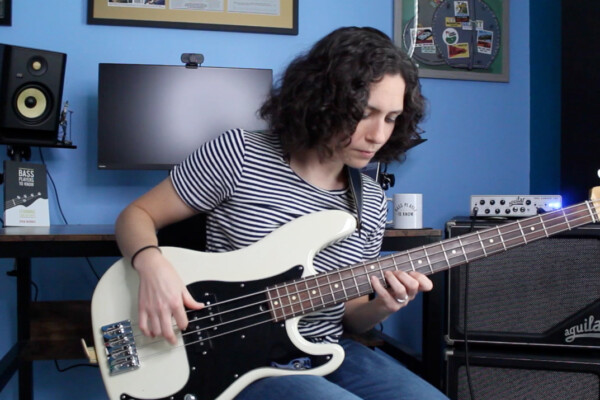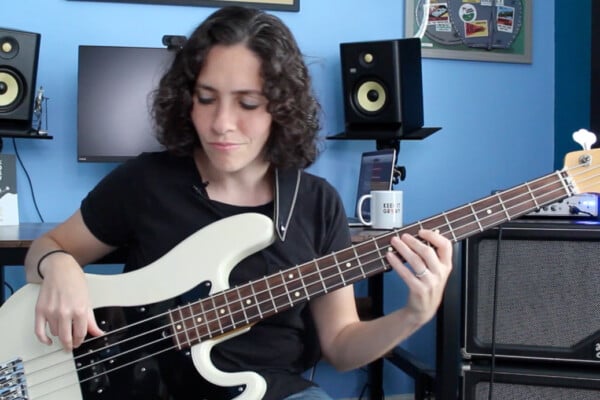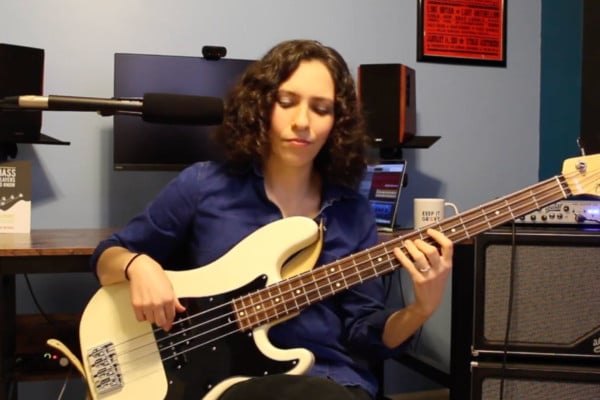Sounding Organic In The Moment

Q: How do you think about phrase length and resolution point? How do you avoid to sound mechanical switching from one chord to another? How do you think in terms of “bending” harmony delaying or anticipating chords changes, choose substitution or superimpose chords? I’m not really asking about the concepts themselves (it would be a huge column), but about how do you organize material and approach a solo without sounding scholastic or predictable?
A: Like you mentioned, tackling each of those subjects in a “how-to” manner would take many pages, (although I have touched upon many of those things previously in other columns and videos).
Instead, let’s focus on the overarching theme of the question. How does one sound organic and musical at the moment, and not like they are simply reproducing the scales and other things they practice in the shed.
I think the answer is simply this; make sure that, no matter what you may be practicing or playing, always make it musical!
Some of you might be tempted to say, “duh” aloud, but I can assure you that I’ve listened to students and friends work on things and get completely hung up on the notes and subdivisions, and never actually use inflection, dynamics or intentional articulations in their practice. Often leading to being annoyed on the gig because things are sounding mechanical. They often assume that they must need to better embed things into their muscle memories. This may be true as well but, often, the culprit is that they haven’t been reinforcing the act of making music!
Exercises aren’t s inherently musical but have that potential, if you make them so.
Even a major scale can be played with feeling and be given emotional shape.
We play how we practice. Therefore, if we only focus on the technical aspects of music in the shed, we will only recreate the technical aspects of music on the stage.
Make everything you do make musical sense. Practice those modes and arpeggios but give them life! Create grooves or melodies out of them. Even if you just play scales up and down one octave, make them do something while you do it. Practice making technical patterns sound like musical patterns.
The thing I focus on reinforcing in the shed, regardless of what it is that I’m practicing, is playing music. If you practice playing musically, that sounding organic and musical is exactly what you’ll do on the gig or in the rehearsal.
Have a question for Damian Erskine? Send it to [email protected]. Check out Damian’s instructional books, Right Hand Drive and The Improviser’s Path.



